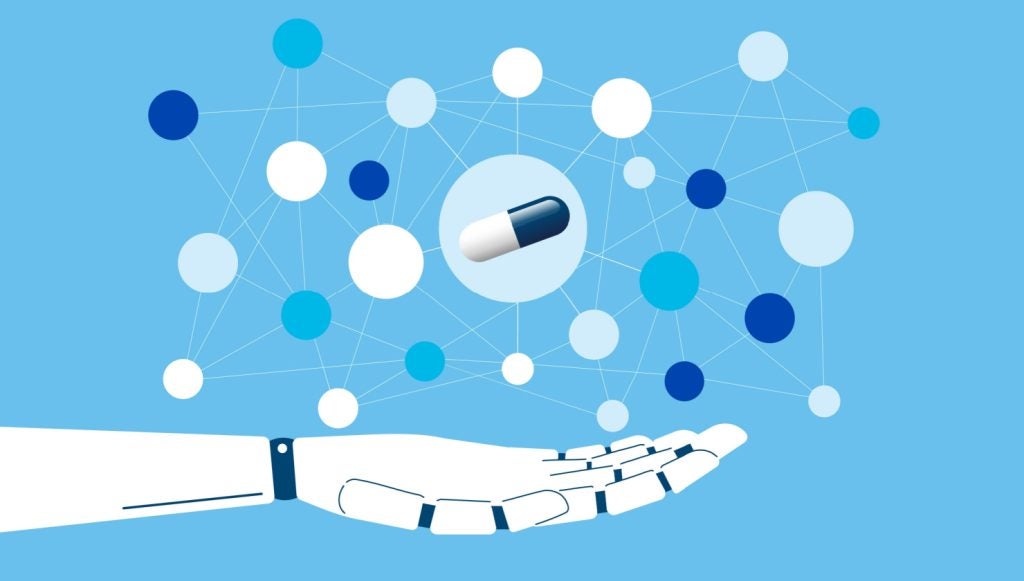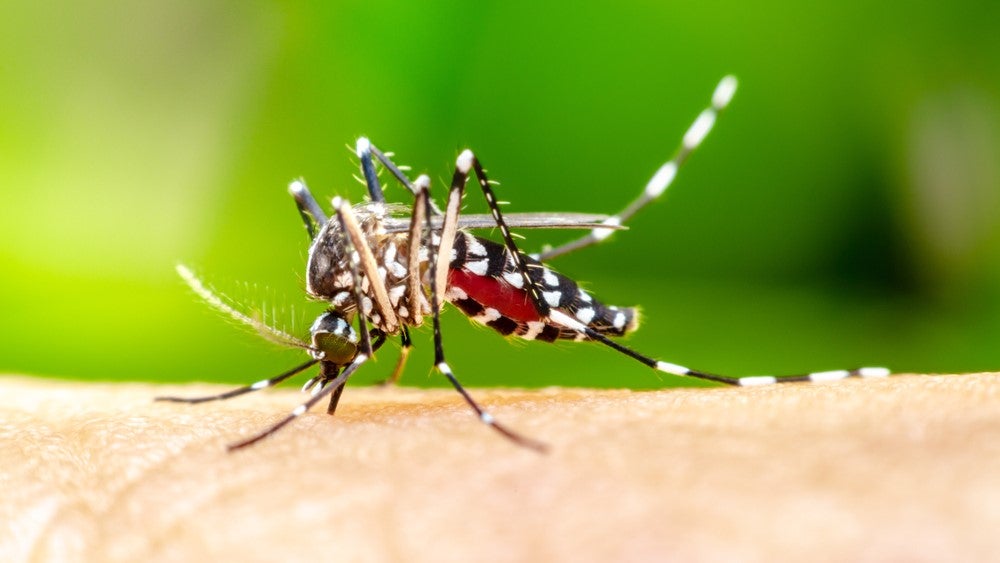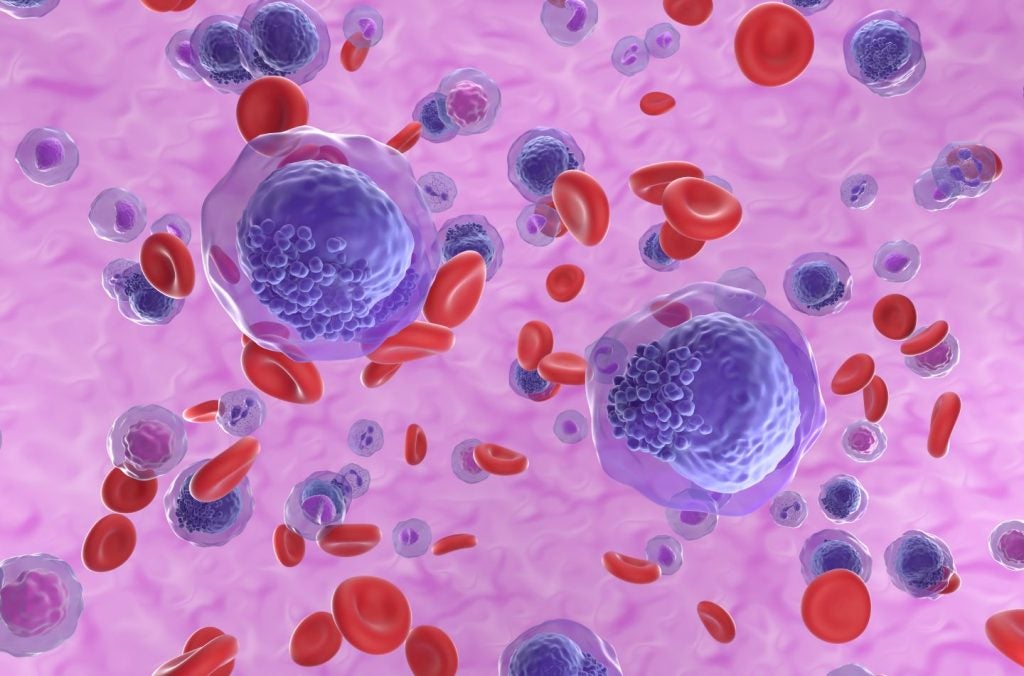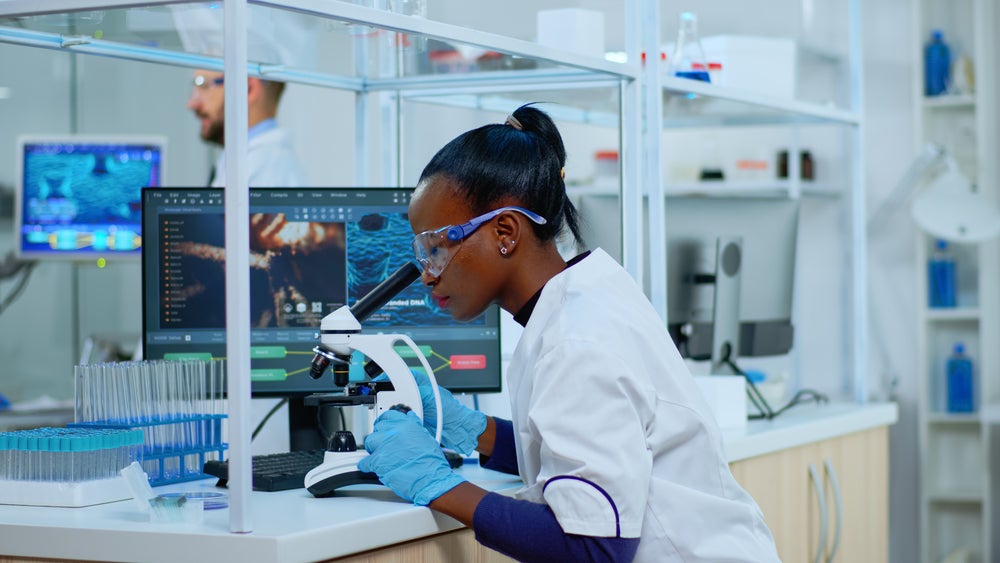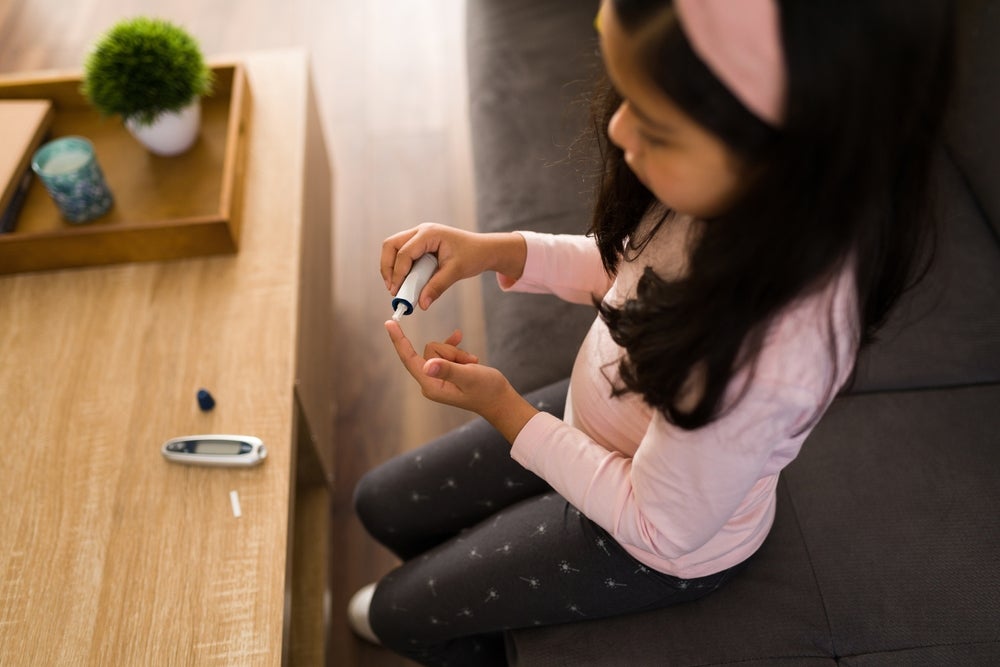Artificial intelligence is everywhere. According to GlobalData forecasts, every segment of the AI market is expected to grow in the coming decade and it will be worth around $909 billion by 2030.
As a result, new uses are being discovered for the technology. Drug discovery is no different, and incorporating AI into drug discovery and development has the potential to revolutionise both patient experiences and outcomes. The hope is that AI can revolutionise the drug discovery process and significantly reduce the time and cost of getting a drug to market, particularly in areas of unmet need such as rare diseases or new antibiotics.
Old methods are being replaced
Over the past decades, advances in computational technology have allowed increased exploration of the vast chemical space. Computer-aided design and drafting, or in silico approaches (experimentation performed by a computer), are widely used to enhance traditional drug discovery methods and can reduce the time and cost of drug development, with significantly higher hit rates. However, success rates are still low, with just 10% of candidates making it through preclinical development and into clinical trials.
These low success rates and the resulting financial cost has led to the need for alternative approaches. AI has shown enormous potential to further enhance in silico methods by rapidly ingesting and exploring the expanding chemical space, driven by the ever-growing amount of big biomedical data. Training AI on the vast amounts of genomic data, health records, medical imaging and other patient information has allowed an increased understanding of the biological mechanisms of diseases. AI-assisted mapping of disease pathways and protein and drug interactions through specialist vendors has created a deeper understanding of targets and assisted in identifying novel proteins and genes that can be targeted to counteract them. AI can also be used to predict three-dimensional structures of targets and accelerate the design of appropriate drugs that bind to them, through protein structure databases such as DeepMind’s AlphaFold.
Once a set of promising lead drug compounds have been identified, AI can then assist in candidate drug prioritisation, ranking molecules for further assessment. Aside from identifying drug targets, AI has also been used successfully in the virtual screening of compounds, such as identifying those that can bind to “undruggable” targets, de novo drug design, drug repurposing and identification of treatment response biomarkers. AI algorithms have shown the potential to condense a typical four or five-year exploratory research phase into less than a year, significantly reducing the time and cost to get a drug to market, which is particularly important for indications with few treatment options.
Significant AI activity in drug discovery in recent years
Over the past three to four years, there has been increased interest in the use of AI in drug discovery, as witnessed by the emergence of an ever-growing number of start-ups operating in this area, increasing numbers of drug discovery partnerships, and record levels of investment.
There have been some significant milestones in the use of AI in drug discovery in 2023. In January, AbSci became the first company to create and validate de novo antibodies in silico using zero-shot generative AI. Creating de novo therapeutic antibodies in silico could reduce the time it takes to get new drug leads into clinical trials by more than half. The zero-shot generative AI model generates novel antibody designs that are not found in any existing databases. In February 2023, Insilico Medicine was granted orphan drug designation by the FDA for a small molecule inhibitor treatment for idiopathic pulmonary fibrosis which was discovered and designed through the company's generative AI platform, Pharma.AI.
But despite these advancements, most novel drugs developed using AI are in the preclinical or discovery stages, and it could be many years before an AI-based therapy is approved. While AI has demonstrated its potential to transform drug discovery processes, it faces many challenges. These include the quality and appropriateness of data, continued assurance of drug safety and efficacy, educating the scientific community to increase buy-in, and issues around intellectual property rights. Although the impact of AI on traditional drug discovery is in its early stages, we have already seen that when layered into a traditional process, AI-enabled capabilities can substantially speed up and reduce the costs of running expensive experiments, which has the potential to be transformative for patients, medical providers and the pharma sector.


